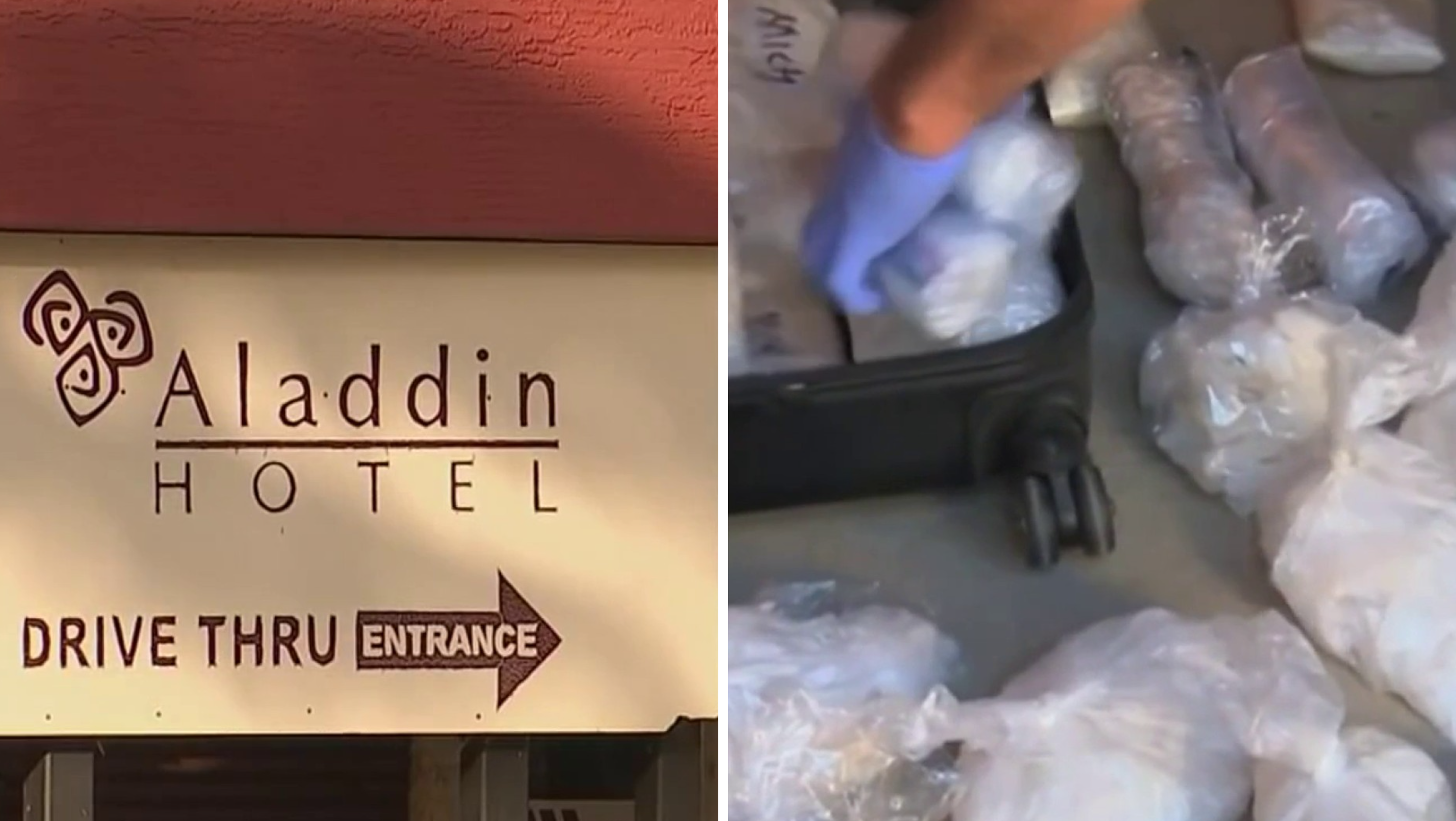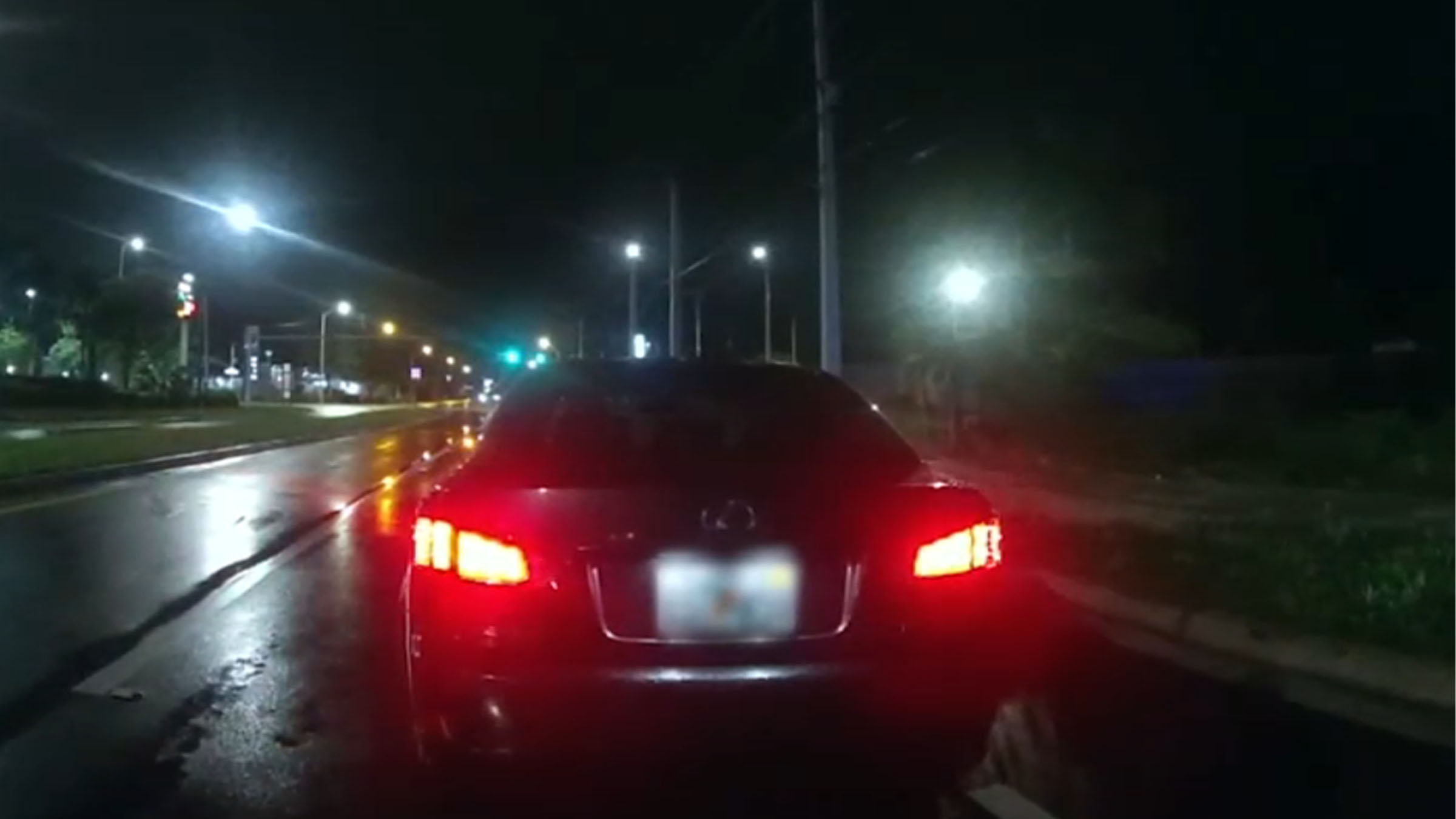Federal prosecutors once again have their sights set on a key figure in South Florida’s “cocaine cowboy” era – and this time they are trying to use his own words against him to help put him back in prison.
Michael “Mickey” Munday is set to stand trial next week on conspiracy and mail fraud charges stemming from a stolen car fraud ring.
Usually, someone’s criminal past cannot be used against him to prove a new and different crime, unless that defendant chooses to testify.
But Friday, prosecutors will ask a judge to let them reveal some of Munday’s statements about his prior criminal activity because, they claim, it is relevant evidence that tends to show he had criminal intent when he allegedly conspired to traffic not in cocaine – but stolen cars.
“The defendant’s notorious past activities in drug trafficking, specifically the transport of contraband, is directly relevant to his recruitment into, and his statements and activities as part of the title-washing scheme,” prosecutors wrote in their motion. Title-washing is a way to erase the history of a stolen car so it can be resold with an apparently clean title.
Munday pled guilty in 1991 to smuggling cocaine into South Florida during the heyday of the 1980s cocaine cowboy era. He was released from a 10-year prison sentence in 1999.
After appearing in the Rakontur Films documentary “Cocaine Cowboys,” Munday gained some notoriety and frankly discussed his days as a cocaine smuggler, including in a 2013 interview with NBC 6.
Investigations
The NBC 6 Investigators get results
“Before it was all over with, I was getting paid $5,000 a key and I would make runs of between 400 and 500. So the last trip I did, I would gross, I grossed two and a half million dollars a trip,” he told NBC 6 anchor Jawan Strader.
Former federal prosecutor David Weinstein said his candor may have left him in trouble.
“He’s helped them to build their case,” Weinstein said. “What he’s been saying for years is he was smarter than everyone else, smarter than the people who he was codefendants with, smarter than law enforcement.”
“Well those words are going to now come back to haunt him,” Weinstein continued, adding if prosecutors succeed, “they’re going to show that he in fact knew what his current class of co-conspirators were doing, how they were smuggling vehicles, what code words they were using to evade detection.”
While smuggling cocaine is different from washing titles on stolen cars, Weinstein said the judge could find the so-called prior bad acts are so closely intertwined with the government’s current case, they can be introduced into evidence even if Munday does not testify.
“The government is going to say the product is different, but it’s not the product we’re looking at -- it’s the methodology,” Weinstein said.
A call to Munday’s attorney seeking comment was not returned.
But in court papers, they note Munday has made it 30 years since his indictment with nothing more serious than a parking ticket and argue it would be too prejudicial to use his past to imply he’s now guilty of conspiracy and mail fraud.
Federal prosecutors once again have their sights on a key figure in South Florida’s “cocaine cowboy” era – and this time they are trying to use his own words against him as to help put him back in prison.
Michael “Mickey” Munday is set to stand trial next week on conspiracy and mail fraud charges stemming from a stolen car fraud ring.
Usually, someone’s criminal past cannot be used against him to prove a new and different crime, unless that defendant chooses to testify.
But Friday, prosecutors will ask a judge to let them reveal some of Munday’s statements about his prior criminal activity because, they claim, it is relevant evidence that tends to show he had criminal intent when he allegedly conspired to traffic not in cocaine – but stolen cars.
“The Defendant’s notorious past activities in drug trafficking, specifically the transport of contraband, is directly relevant to his recruitment into, and his statements and activities as part of the title-washing scheme,” prosecutors wrote in their motion. Title-washing is used to erase the history of a stolen car so it can be resold with a clean title.
Munday pled guilty in 1991 to smuggling cocaine into South Florida during the heyday of the 1980s cocaine cowboy era. He was released from a 10-year prison sentence in 1999.
After appearing in the Rakontur Films documentary “Cocaine Cowboys,” Munday gained some notoriety and frankly discussed his days as a cocaine smuggler, including in a 2013 interview with NBC 6.
“Before it was all over with, I was getting paid $5,000 a key and I would make runs of between 400 and 500. So the last trip I did, I would gross, I grossed two and a half million dollars a trip,” he told NBC 6 anchor Jawan Strader.
Former federal prosecutor David Weinstein said his candor may have left him in trouble.
“He’s helped them to build their case,” Weinstein said. “What he’s been saying for years is he was smarter than everyone else, smarter than the people who he was codefendants with, smarter than law enforcement.”
“Well those words are going to now come back to haunt him,” Weinstein continued, adding if prosecutors succeed, “they’re going to show that he in fact knew what his current class of co-conspirators were doing, how they were smuggling vehicles, what code words they were using to evade detection.”
While smuggling cocaine is different from washing titles on stolen cars, Weinstein said the judge could find the so-called prior bad acts are so closely intertwined with the government’s current case, they can be introduced into evidence even if Munday does not testify.
“The defense is going to say the product is different, but it’s not the product we’re looking at -- it’s the methodology,” Weinstein said.
A call to Munday’s attorney seeking comment was not returned.
But in court papers, they note Munday has made it 30 years since his indictment with nothing more serious than a parking ticket and argue it would be too prejudicial to use his past to imply he’s guilty of conspiracy and mail fraud.



